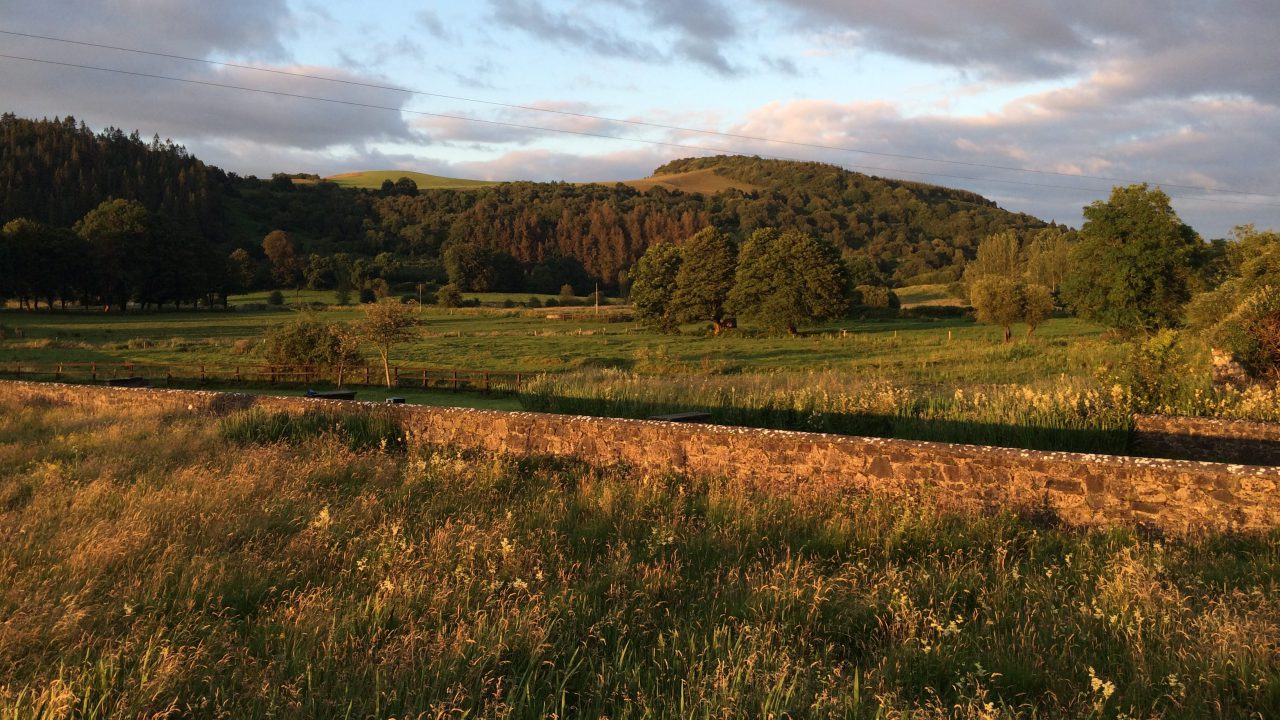The new The Agri Climate Rural Environment Scheme (ACRES), which will come into effect from January 2023, was officially named this week.
ACRES will come into effect as the main farmer environmental scheme under Pillar II of the new Common Agricultural Policy (CAP).
The €1.5 billion measure will replace the Green, Low-Carbon Agri-Environment Scheme (GLAS).
As well as the new name, key details of the scheme were also verified and confirmed yesterday (Tuesday, June 21).
Unlike GLAS, ACRES will have two different entry streams, or approaches, for farmers.
These will be called ACRES General and ACRES Co-operation.
ACRES General will be available nationally (apart from certain high-priority geographical areas), which will offer a range of both targeted and general actions for farmers to undertake.
ACRES Co-operation is available to farmers in the eight high-priority areas, which will be referred to as co-operation project (CP) zones.
This approach will involve results-based payments, as well as bespoke farm and landscape actions.
These zones can be seen in the map below:

The eight CP zones are: Burren; Donegal; East-Southeast; Midwest-Southern Uplands; North Connacht-Ulster; Northwest Connacht; South Mayo-Connemara; and West Cork-Kerry.
Each of these zones will have a CP team who will assist with the implementation of actions. It is understood that these teams will be made up of agri-ecologists, many of whom have previously worked on European Innovation Partnerships (EIPs) involving farmers.
Regardless of which approach a farmer finds themselves in, their approved Farm Advisory System (FAS) advisor will need to develop a Farm Sustainability Plan (FSP) for their farm.
Farmers should note that they cannot chose between ACRES General or ACRES Co-operation. If your land falls outside a CP zone, then you are eligible for the general approach only.
A farmer will be eligible for ACRES Co-operation if at least 3ha or at least 20% (whichever is less) of their farm holding (that was declared as forage/habitat in the 2021 Basic Payment Scheme) falls within a CP zone.
Farmers can find out which approach they are eligible for by logging on to Agfood from today and checking under the ‘ACRES Agreement’ tab. Alternatively, a farm advisor can do this for them.
Farmers can also text the words ‘DAFM ACRES’ followed by their herd number or partnership ID to 50124. The department will then send a return message indicating which approach they are eligible for (if the farmer is eligible for the co-operation approach, the department’s text will also include the CP zone the farmer is located in).
The duration of the ACRES contract will be five years, throughout the lifetime of the next CAP.
ACRES participants and payments
The budget allocation of €1.5 billion is set to facilitate around 50,000 participants, with 30,000 of them entering ACRES General and 20,000 entering ACRES C0-operation. This, however, will be subject to the level of interest in each approach.
It is proposed that the intake of applicants will be phased across two tranches to spread the workload of advisors.
In terms of payment, ACRES General offers a maximum payment of €7,311 per applicant per calendar year, with an expected average payment (based on 30,000 participants in this approach) in the region of €5,000.
Actual payment rates will be based on the actions selected and their satisfactory implementation.
ACRES Co-operation will offer a maximum payment of €10,500 per applicant per calendar year.
This figure is in turn broken into a maximum of €7,000 for a results-based element and a maximum of €3,500 for non-productive investments or landscape actions.
Similar to last year’s Rural Environmental Agri Programme (REAP) – which served as a pilot for ACRES – the level of payment for the results-based element will be based on a ‘scorecard’.
Non-productive investments or landscape actions – which will be determined by the CP teams – include such things as nest protection, dry stone wall maintenance, pond creation, winterage practices, drinking point provision, and water retention.
Application requirements
Applications must be submitted by a FAS advisor (who is accredited for ACRES following the necessary training).
For commonage farmers, if you declared at least 0.5ha of commonage in your 2021 Basic Payment Scheme (BPS) application and continue to farm this at a minimum stocking density, you will be given priority access to ACRES.
However, you must undertake the ACRES commonage action on all commonage land declared in your 2022 BPS application, regardless of whether or not it secures priority access.
Priority access will also be available for organic farmers who are approved by an organic control body. However, payments under the Organic Farming Scheme (OFS) may be reduced to avoid double funding.
Leased or rented land can be included in ACRES, as long as the farmer has control of it for the duration of the contract.
The application on behalf of a farmer must include the completion of an FSP. Farmers must also agree to the ACRES access agreement, which allows your advisor access to your BPS data for the purpose of applying for ACRES and drawing up an FSP.
It is proposed that advisors can start preparing FSPs for their clients from early August, and submit them (and the applications) from mid-October to the end of November. However, these dates are subject to change.
Ranking and selection criteria will be applied to all applications across both approaches of the scheme. They will be evaluated based on a set selection criteria designed to rank the applications in accordance with environmental objectives.
When this process is complete applicants will be informed if they are successful.
